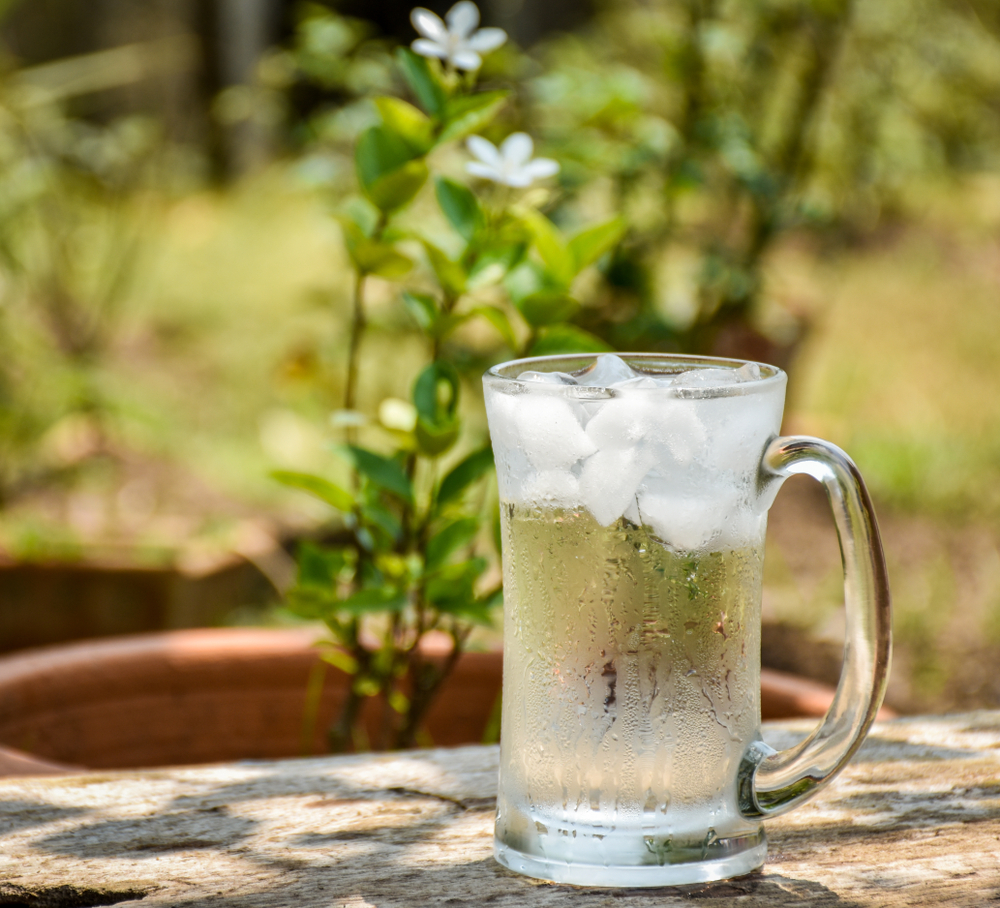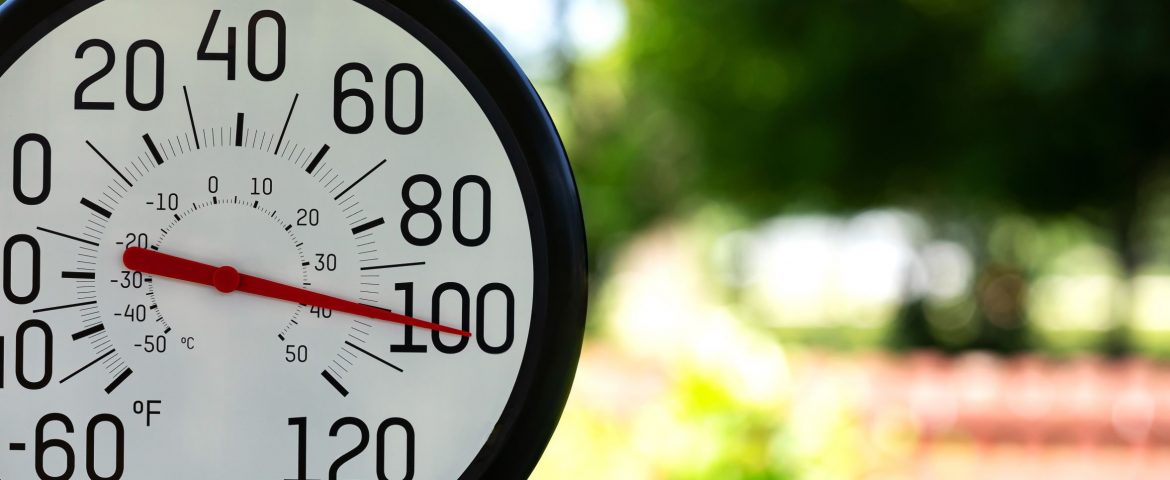Many Michigan residents look forward to sultry summer weather. However, there’s a tipping point when it comes to feeling too hot. Heat stroke and heat exhaustion are two very real — and very serious — results of overheating.
Heat-related illnesses are caused by prolonged exposure to high temperatures coupled with dehydration, which limits your body’s ability to cool itself. Heat stroke can cause damage to the brain and other internal organs. In some cases, it can be deadly. Heat stroke typically occurs in those over 50, but it can also affect healthy, young adults, children and pets. While heat stroke is the more serious of heat-related illnesses, heat exhaustion is nothing to ignore either. In fact, it can progress to heat stroke if left untreated.

Before you head out into those toasty temps, know the signs of heat stroke and exhaustion so you can keep yourself and others cool and safe. Here are just a few of the symptoms of heat-related illness:
- Headache – Headaches can range from dull to severe, but one thing’s for sure: your body is telling you it needs to cool off.
- Weakness and fatigue – Too much time in the sun is often related with feeling a little sleepy, but if you start feeling unusually weak or fatigued, it could be a sign of heat-related illness.
- Dizziness – Feeling dizzy and unsteady on your feet is a characteristic of both heat exhaustion and heat stroke.
- Nausea – Nausea is a common symptom of heat exhaustion. If it leads to vomiting, it’s most likely a sign of heat stroke and you should seek help immediately.
- Sweating too much—or too little – Sweating a lot more than you usually do is a sign that your body needs to cool down immediately. Conversely, if you feel overheated but you’ve stopped sweating, get help right away as this can be a sign of heat stroke.
- Rapid heartbeat – A higher-than-usual heartbeat often accompanies heat stroke.
- Anxiety and confusion – As the body overheats, people often experience the kind of delirium associated with severely high fevers.
If you or someone you know show signs of heat-related illness, seek emergency medical help right away. While you’re waiting for help to arrive, you can try these methods for cooling off:
- First, try moving to a cool, shaded environment as soon as possible and sip water. Inside in the air conditioning is preferred, but you can substitute anywhere a little cooler and out of the sun if necessary.
- For heat exhaustion, the main method of treatment is to replace lost fluids and salt. Sports drinks, tomato juice and other fruit and vegetable juices work well.
- For someone with heat stroke, lowering the body’s core temperature is essential. Wet the skin with a damp sponge and fan air across the body; this mimic’s the process of sweating.
- Apply ice packs to armpits, neck, groin and back area to lower core temperature. These areas are full of blood vessels close to the surface of the skin, which makes them optimal for cooling off the rest of the body.
Of course, the best medicine for heat-related illnesses is preventing them in the first place. You don’t have to fear the heat all summer; instead, follow these simple precautions.
- Seek shade or a cool environment during the hottest hours of the day, typically midday when the sun is highest.
- Stay hydrated. Drink plenty on non-alcoholic beverages and replenish your body’s salt content if you’ve been sweating profusely (a handful of pretzels or a sports drink is plenty).
- Wear light-colored, loose-fitting clothing. (and don’t forget the sunscreen!)
- If the heat or humidity levels are extreme, consider rescheduling strenuous outdoor activities.
- If you’re a senior or know someone who can’t afford an air conditioning unit, check with your local Area Agency on Aging for programs that can help you get one.
Michigan summers have so much to offer, especially outdoors. Wherever summer takes you, remember to be informed, be safe and stay cool.


